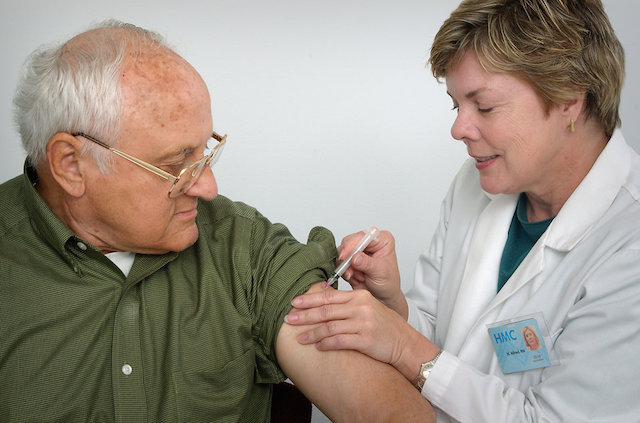
CDC library – public domainOlder people who received the vaccine for shingles had a 20% lower risk of dementia, according to researchers who called the results “remarkable”.The study looked into the health records of seniors in Wales and revealed that those who received the shingles vaccine were 20% less likely to develop dementia over the next seven years than those who didn’t receive the jab.Scientists say the findings support an emerging theory that viruses which affect the nervous system can increase the risk of dementia.The new findings suggest that a preventive intervention for dementia is already close at hand.Shingles is a viral infection that produces a painful rash, and is caused by the same virus that causes chicken pox, varicella-zoster. After people contract chicken pox, usually in childhood, the virus remains dormant in the nerve cells for life. In people who are older or have weakened immune systems, the dormant virus can reactivate and cause shingles.Previous studies based on health records have linked the shingles vaccine with lower dementia rates, but the research could not account for one major source of bias: people who are vaccinated also tend to be more health conscious.The study’s senior author, Dr. Pascal Geldsetzer of Stanford Medicine, said that most studies suffered from the basic problem. “In general,...

